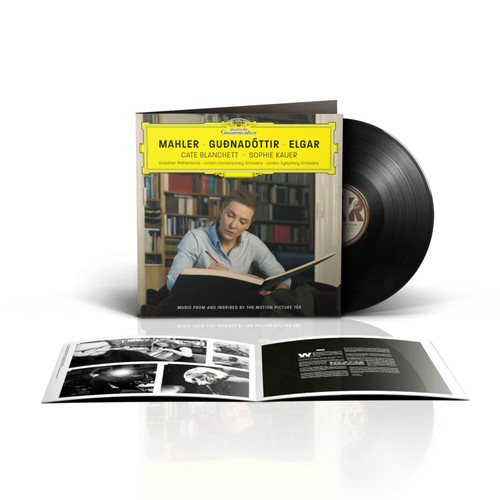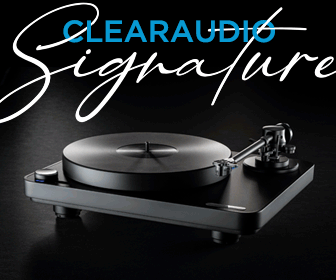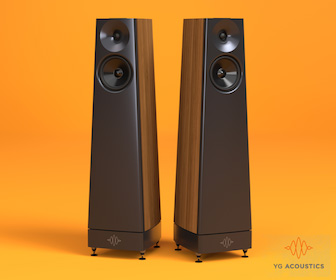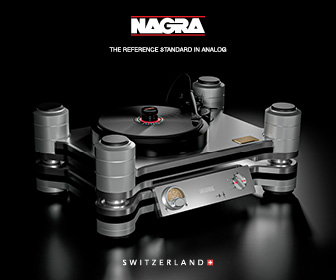"Tár"- Music From and Inspired By The Motion Picture
Hildur Guðnadóttir and Todd Field assemble an interesting sonic companion to their 2022 arthouse sensation
Back in 2014 when I was an undergraduate student at the Manhattan School of Music, I remember the Jazz department in a perpetual uproar over the release of the film Whiplash. It seems every Jazz musician I knew had something to say about that movie, from praise to condemnation, from astonishment at what it got right, to a laundry list of everything it got wrong (it didn’t help that supposedly the fictional “Schaefer Conservatory” was based on our own institution). Then finally late last year, classical musicians got their own industry-centered arthouse film: 2022’s Tár. Believe me, before I ever set foot in the theater, I heard more than enough “hot takes” about this movie from friends and colleagues.
Fortunately for us, Tár is a much better film than Whiplash, and it’s depiction of the niche music industry it inhabits is much more grounded in reality, despite a small handful of glaring flaws. For instance, the fictional Berlin Philharmonic featured on screen, is actually made up of real musicians of the Dresden Philharmonic, rather than actors engaged in a comical pantomime (Mozart in the Jungle anyone?). I do not intend for this to be a film review, but I would encourage all music fans to go out and see it, not just because it’s a film about classical music, but rather because it’s simply an excellent film, and could be in the running for my favorite music film tied alongside Amadeus and The Piano Teacher. Written and directed by arthouse legend Todd Field, the film follows the fictional conductor/composer Lydia Tár and her fall from grace in the midst of public scandal. This is a slow, deep, psychological thriller that leaves the viewer with unanswered questions, and demands repeat viewings.
Assembling music for a film about music can be troublesome. With a film about a real composer like Amadeus or Immortal Beloved a film can draw entirely from performances of existing music. With a film like Tár that centers on a fictional conductor/composer, the choices are less obvious. Enter Icelandic composer Hildur Guðnadóttir whose previous award-winning work includes soundtracks for 2019’s Joker, 2018’s Sicario: Day of the Soldado, and HBO’s miniseries Chernobyl. Director Todd Field was keen on working with the young composer, with Guðnadóttir being the second name he booked for the project after securing Cate Blanchett. The result is a soundtrack unlike many others, with Field working with Guðnadóttir early on in the process to “tempo map” scenes, so that the score and movements, lines, and characters in the film behave as one. It’s a fascinating approach that makes the score almost become one with the characters, where every sudden movement has a sonic component, and the viewer finds oneself wondering what is the actual sound of characters in the scene, and what is music.

A score that is linked so delicately to the function of the story would possibly translate strangely to a traditional soundtrack, and composer and director likely realized this. Instead of presenting the musical snippets of Guðnadóttir’s score on an album, the composer and Deutsche Grammophon have instead opted to release the record we have today, which is subtitled Music from and Inspired by the Motion Picture. What this results in is an ‘A Side’ featuring compositions written by Guðnadóttir from the POV of Lydia Tár’s character, with melodies and thematic material from the film, but also featuring snippets of these works in rehearsal/recording, with the composer even making comments throughout. The side is finished off in an intriguing fashion with a trombone choir arrangement of the Van Heusen/Burke tune “Here’s that Rainy Day” recorded with an almost underwater acoustic effect.
This format is thematically mirrored on side B, where the character Tár rehearses music of Mahler and Elgar with her fictional Berlin Philharmonic ( in reality The Dresden Philharmonic and London Symphony). In an unusual twist, the Elgar Cello Concerto here is performed by Sophie Kauer who, for this project, played the dual role of actress and musician. Unfortunately, side B is where this album falls apart, as divorced from the context of the film, it just isn’t that interesting to listen to short snippets of these works in rehearsal. The longest excerpt of music here is from the 4th movement of Elgar’s concerto, and while the solo playing by Kauer is of a high technical quality, it isn’t a performance that would really merit its own release, especially given the huge wealth of performances of this work available (I suggest Jacqueline Du Pre and Yo-Yo Ma for those curious about this piece).
That echoes a theme for me about this release. In many ways this record served as a wonderful digestif to the film, but the more I listened, the more I realized that if I had to evaluate this as a standalone album of music for enjoyment, it falls short. Hildur Guðnadóttir’s compositions are very interesting and in some cases evoke very intimate moods for the listener, but this is not really meant to be a showcase of her music as ‘standalone’ works. Likewise, the rest of the album is just not that interesting if you are not listening to it as someone coming from a viewing of the film. The upside is that this album does not pretend to be a standalone work, and because of that I can’t really fault it. The sound on this Abbey Road mastered, Optimal-pressed 45rpm release is reasonable for a modern motion picture recording, especially on the more intimate works featured on side A. The Mahler and Elgar on the other hand, sound a tad rolled off and narrow. Want a sonic spectacular Mahler 5 opening? Spend $15 on an original UK-pressed London copy of Georg Solti conducting the Chicago Symphony Orchestra.
If you have viewed this film already and want to dive a little deeper into the world of Lydia Tár, this album is an excellent way to do so, it definitely deepened my understanding and enjoyment associated with this piece of media, but If you think of this as an album of music divorced from that context it might not be worth your time. Despite that, I think this is an interesting piece of media and shows how Deutsche Grammophon seems to be at the forefront of modern classical music and all its various media intersections.






































